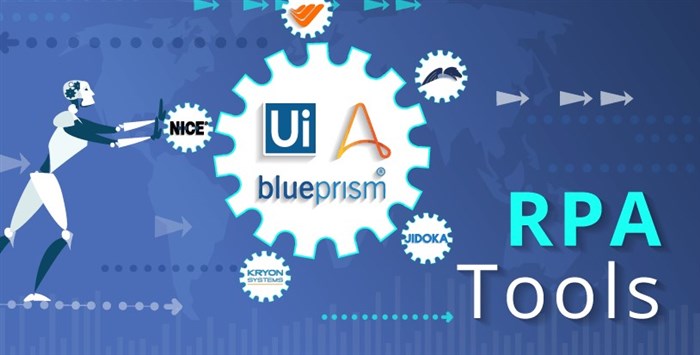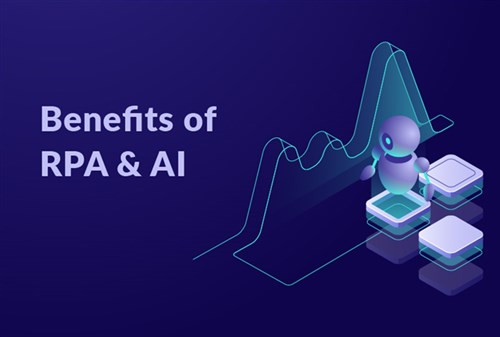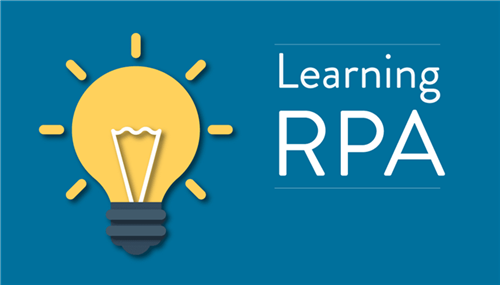
Robotic Process Automation, also known as RPA, is a software technology developed with the help of Artificial Intelligence (AI) and Machine learning technology, which designs Robot (bots) which helps in carrying out easy day-to-day tasks independently without any human interference. It is a kind of technology that reduces time and creates no error outcomes for all day-to-day, repetitive, or mundane tasks. It does it’s assigned work independently, which previously required humans to perform manually.
Today, the Robotic Process Automation market is an incredibly competitive area. RPA future in 2023 appears to be competitive, and no one could doubt that it is becoming more and more difficult for sellers to keep up with the speed of RPA growth in 2023. But the main question which arises is which tool you should use while implementing RPA? Which platform would be correct for RPA? In this blog, we would clear your doubts and queries regarding such questions.
Also Read: Top RPA Comapnies
Parameters To Select an RPA Tool
- Easy accessibility of the companies data into various systems
- Knowing what all tasks are to performed through automation
- Compatibility that it should work under multiple applications
- Built in AI in systems to provide a support
- Licence cost
- Client preference for automation tool
Robotic Process Automation (RPA) Tools
- Target/beneficial- Banking, Finance, IT, Core RPA
- Price- License fee: $5000 Free offerings: 30-days trial
-
Features-
- Smart Automation Technology
- Scriptless Automation
- Complex tasks are taken care of rapidly
- Clients- Google, Siemens, Cisco , Dell, MasterCard
Blue Prism
- Target/beneficial- Big industries like telecom or health care
- Price- Fees: $15 000 – $18 000 Free offerings: not applicable
-
Features-
- Short implementation time
- No programming skills required to implement
- Real-time feedback
- Clients: O2, Walgreen, Heineken
Pega Systems
- Target/beneficial- BPM, Average size industries like public administration, banking, telecom, etc.
- Price- Starting from $ 200/month
-
Features-
- Easy connect to existing services
- Capturing insights at desktop
- Cloud solution provided
- Clients: Vodafone Spain, Siemens, Transavia Airlines
UiPath
- Target/beneficial- Average or big companies, core RPA implementation
- Price- License fee for UIPath Studio: $3000/per year
- License fee for UIPath Orchestrator: $20 000/per year
- Attended bot price: $1200/per year
- Unattended — $8000/per year
-
Features-
- Auto login
- Supports a high range of application
- Can be hosted in a cloud environment
- Clients: Atos, PWC, Lufthansa, HP, DHL
Nice Systems
- Target/beneficial- Average and big companies
- Price- On enquiry
-
Features-
- Better Productivity
- Customer satisfaction
- Good resource utilization
- Clients: Asurion, Northwest Mutual, TASK WFM QC
Work Fusion
- Target/beneficial- Small, average and big companies
- Price- On enquiry
-
Features-
- Execute the bots as needed
- Interacting with different users at different stations
- Automate amongst the team
- Online and Mobile chatbots available
- Clients: Scotiabank, Deutsche Bank, Polaris Transportation
Softomotive
- Target/beneficial- Average and big companies
- Price- On enquiry
- Features-
- Process Robot
- OCR Tools
- Clients: IBM, Siemens, Xerox ? Teva
Conclusion-
These were few of the top trending tools for RPA. It is quite a lengthy process to compare each one of them and decide which is the best suitable tool for the said company/business. We have to keep in mind that it all depends upon the need, factors, requirement and even budget of the said company/business. It is best to check out trial versions of RPA tools and see which fits the bill for your business needs before finalizing.







COMMENT